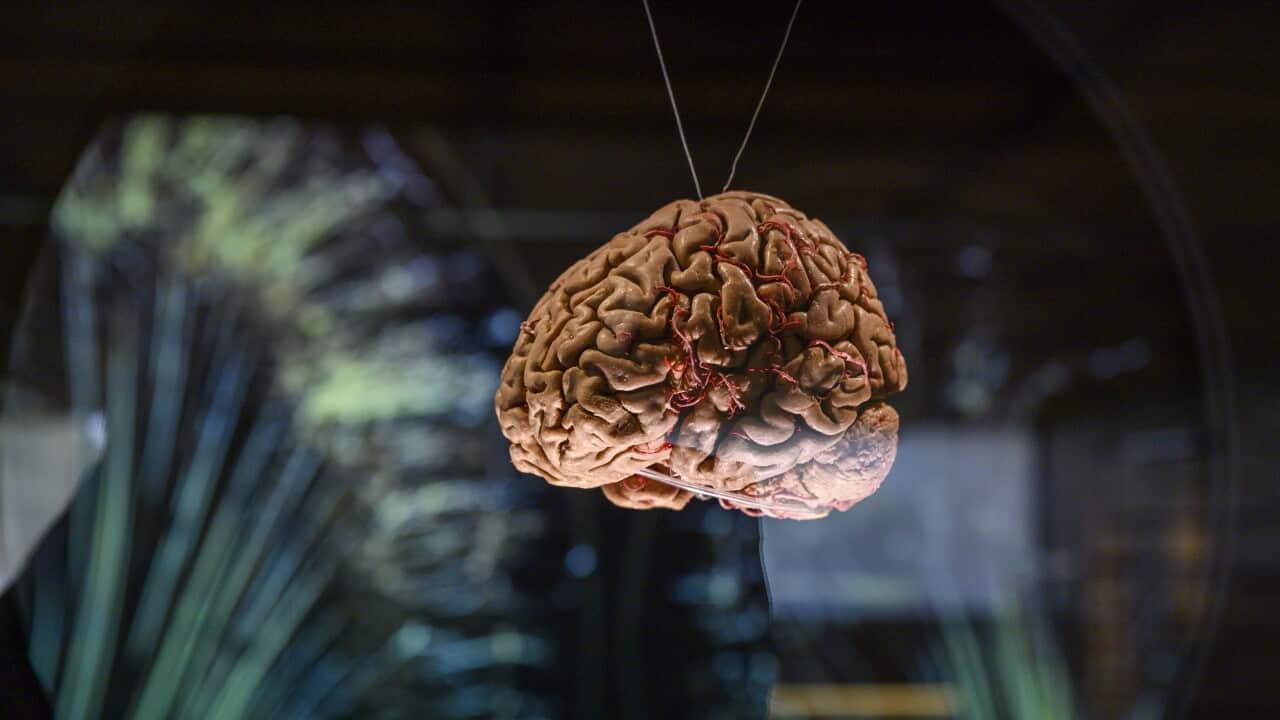Key Points
- The rare neurological disorder only has about 100 publicly recorded cases.
- It causes the perceptions of faces to be distorted in shape, size, texture or colour.
- Researchers are not certain what triggers the disorder.
A new study has investigated the case of a 58-year-old man from the US with a rare neurological disorder that makes the facial features of every person he sees appear "demonic".
Published , researchers recounted how the man attended their clinic in the state of New Hampshire after waking up in 2020 to find that all faces he saw were stretched out and distorted, with deep grooves on their foreheads, cheeks and chins.
He had been formally diagnosed with a visual disorder called prosopometamorphopsia, and his arrival at the clinic allowed researchers to work with the man to create three-dimensional renderings of what the distortions he saw looked like for the first time.
What is prosopometamorphopsia?
Prosopometamorphopsia (PMO) and its symptoms can manifest in different ways. The rare neurological disorder only has about 100 publicly recorded cases.
Researchers are not certain what triggers the disorder, but they suspect it has something to do with dysfunction in the neural network that handles facial processing.
It causes the perceptions of faces to be distorted in shape, size, texture or colour.
Some cases of PMO have been linked to brain injuries in people who have suffered strokes or head trauma. Other cases have been ascribed to epilepsy and migraines.
However, some who have the disorder have experienced no obvious physical changes to their brain.
In the Lancet case study, it was revealed the man had carbon monoxide poisoning approximately four months before the symptoms started.
He had also suffered head trauma years earlier when he fell backwards and hit his head on concrete.
When researchers did a brain scan, there was evidence of a brain lesion on the left hemisphere, which was thought to be a cyst.
He also suffered from post-traumatic stress disorder and had a history of bipolar disorder.
The man said that he could still identify the person he was looking at, regardless of their features being distorted and appearing "demonic".
The distortion only affects three-dimensional faces, he said — not faces on a screen or on paper.
The man said that when he first experienced the symptoms of PMO he was distressed, but was now able to live with it.




